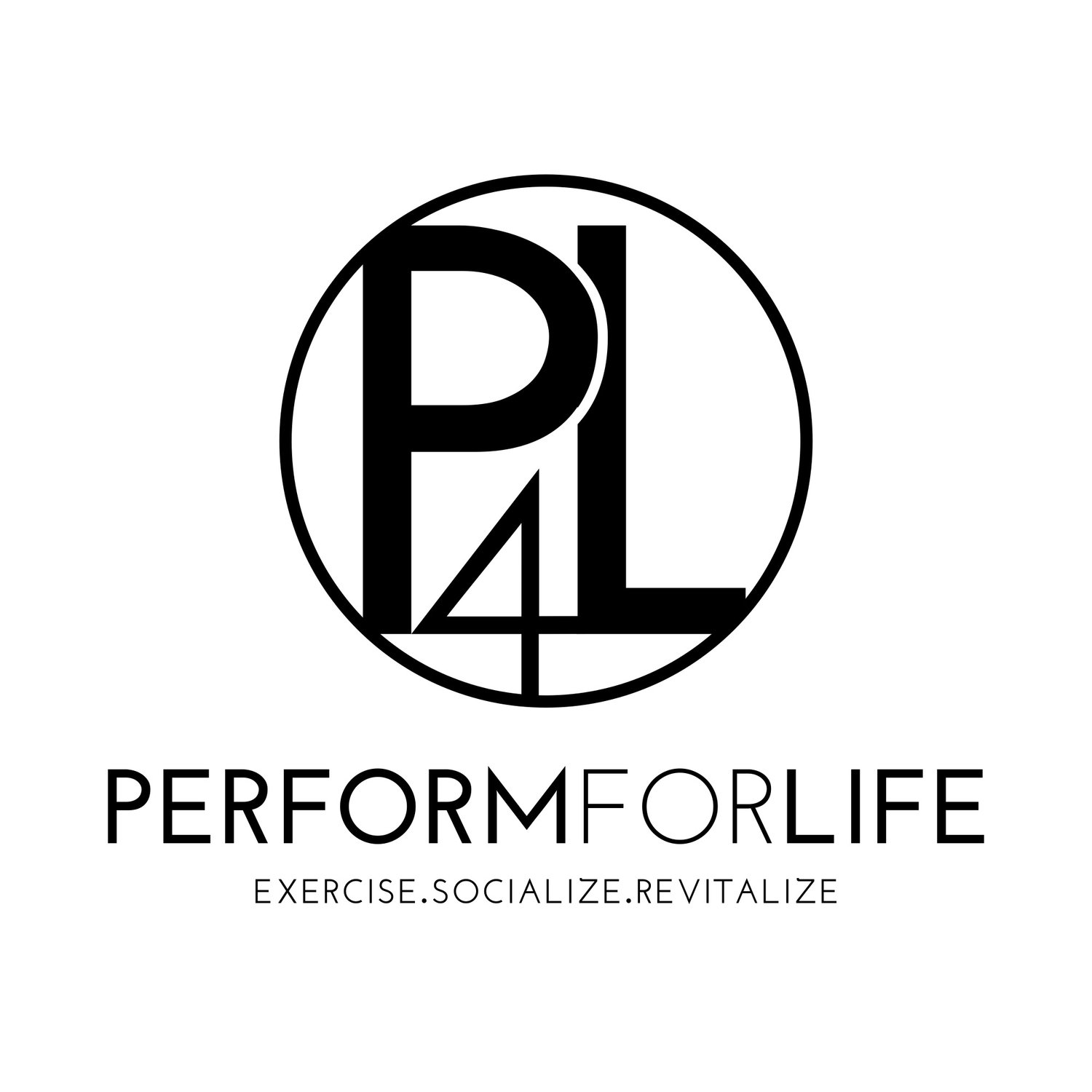The Positive Effects of Overcoming Judgment
It is natural for human beings to make judgments: on things, people, situations, and themselves. Judgments allow us to distinguish our opinion on nearly every aspect of our life, but it is all too often that these judgments hold us back.
As a trainer, I see this all too often: people judge themselves and the extent of their capabilities much too harshly. “I’m fat”, “I can’t do that”, and the list of conclusions too quickly jumped to goes on.
Their own sense of inadequacy discourages them, and it makes them untrusting of their own abilities. As a trainer, it is my job to push my clients both in the gym and out to accomplish things they didn’t think possible. This may well be a fitness goal, but almost just as often, the goals set with clients can pertain to their nutrition, hydration, sleep, pain reduction, overall lifestyle, or mental health. By setting these types of goals, I aim to boost my clients’ confidence in themselves and their capabilities. I believe that this is perhaps the single most important aspect of my job: to allow them to defy their own judgments of themselves. This is why I enjoy working at P4L as much as I do: my coworkers and I aim to not only achieve our clients’ fitness goals but to help them surpass their own perceived limitations and achieve things they didn’t think possible.
Not only do people’s judgments of themselves seem to be a detriment to their personal growth, but I have seen in my own life that being quick to judge others can indirectly lead to being overly-critical of myself. Earlier in my life, I was quick to pass judgment on others and had no problem dismissing someone based on these judgments. I would catch myself jumping to conclusions about the type of person I believed these people to be. I didn’t think much of my overly-critical tendencies, but I was also constantly worried about what others thought of me. With time, I realized that by being so quick to judge others, I came to assume that others did the same of me. This preoccupation with how others thought of me made me self-conscious and, at times, quite paranoid. I felt isolated from those around me simply because I had such trouble trusting them - how could I trust them if I couldn’t know what they were thinking, and what they thought of me specifically? It took me a majority of my life to realize that my concern with what people thought of me and my tendency to hastily pass judgments on others were inextricably linked.
By the time I was around 19 years old, I made a conscious effort to have an open mind towards others and the type of person they were, their personal stories, what brought them to this point, etc. Overly-critical judgments would still form in my head, but I had to learn to disregard them. With time, my paranoia began to subside, and the less I considered my harsh judgments of others, the less concerned I was of potential judgments others made of me. I felt happier, the ever-present sense of isolation diminished, and I felt more connected to the present moment and the world around me.
Judgments are an innate part of the human psyche and allow us to understand and categorize the world around us. However, it seems that giving too much credence to these judgments, especially those concerning yourself and others, can hold you back from your true potential. Everyone can make judgments about their own abilities, and some of these may very well be true. However, it is important to remember that these are most likely not all true - the person holding us back the most is, more often than not, ourselves. Have an open mind, and if you are quick to judge like so many people are, try for a while - at least until you have a more complete understanding of the person or situation - to disregard these judgments. It can truly make a world of difference.
